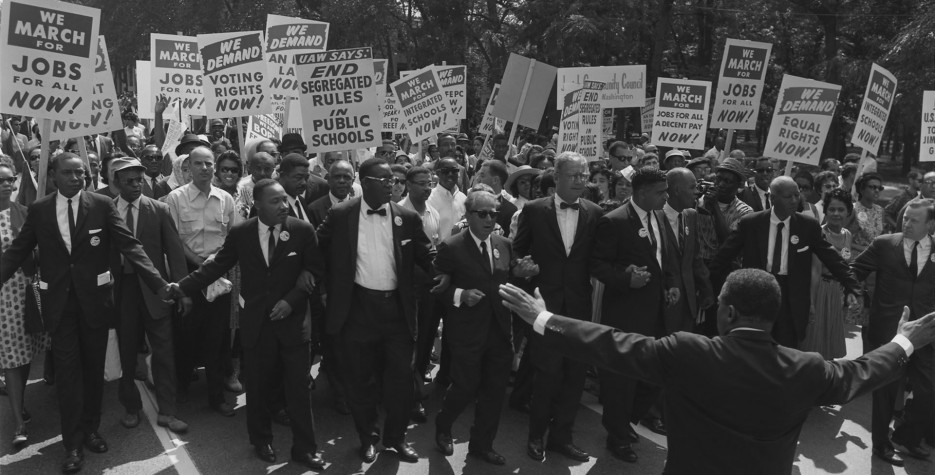About Civil Rights Day
If you happen to be in the American states of Arizona or New Hampshire on the third Monday in January, it will be a state and federal holiday to honor the life and achievements of Martin Luther King Jr., as it is in the other 48 states. However in these two states, officially the name of the holiday will also include Civil Rights Day.
This because both these states want to use Martin Luther King Jr. Day as a day to celebrate the entire civil rights movement and widen the recognition to all those who played a part in this momentous change in America's history.
The civil rights movement in the United States was a struggle by African Americans to end legalized racial discrimination, disenfranchisement and racial segregation.
The modern movement is accepted to have begun in 1954 when the U.S. Supreme Court under Chief Justice Earl Warren ruled unanimously in Brown v. Board of Education of Topeka, Kansas, that mandating, or even permitting, public schools to be segregated by race was unconstitutional.
The following years would see such seminal events as Rosa Parks' protest, the marches on Washington and the rise of civil rights leaders such as Malcolm X and Martin Luther King Jr.
Did you know?
Lyndon B. Johnson signed the Civil Rights Act of 1964 using more than 75 pens which he immediately gave away as mementoes to Martin Luther King, Robert F. Kennedy, and others present at the signing.
The movement officially ended with the passing of the Civil Rights Act of 1968, which prohibited discrimination concerning the sale, rental, and financing of housing based on race, religion, and national origin. It also made it a federal crime to "by force or by the threat of force, injure, intimidate, or interfere with anyone...by reason of their race, color, religion, or national origin."
This does not mean there wasn't racial prejudice in America after 1968, but the Act instituted a framework that would underpin the rights to equal rights and the movement became more about ensuring the Act was adhered to.


